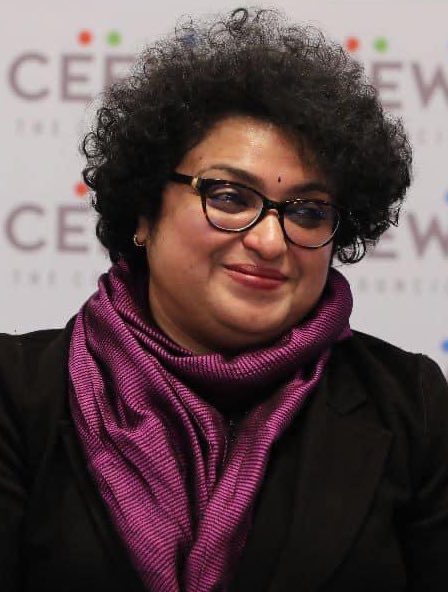Contributors
More »
That the fallout of Covid 19 was akin to a war, and on several counts more adverse, was both understood and acknowledged from the outset. No sector of the economy was left untouched with livelihoods, incomes and employment severely impacted. If there was unanimity on any issue, it was that ...

Extracted from a presentation in the Plenary session of the 5th World Congress on Disaster Management, New Delhi on Technology, Finance, Capacity for Building Disaster Resilience.
In the wake of COP-26 which emphatically brought to fore the vulnerability of the developing countries and the vast majority of the population ...

Classical economics was developed for a stable world, for a world that developed along Darwinian ecological ways. It was realized that individuals faced some future risks (illnesses, death, accidents, unemployment, etc.). These risks could be dealt with by private insurance companies, which developed accordingly. They could also be dealt with ...
Greening monetary policy: Lack of appropriate and adequate tools is an insufficient argument
22/10/2021

India was the first to integrate climate change in inter-governmental fiscal transfers.
Climate change brings risks and uncertainty. How well monetary policy can incorporate these risks and uncertainties is a question many economists ask. There is a broad consensus among economists that fiscal policy can deal with the climate ...
Growth First
14/10/2021

RBI is grapping with multiple challenges. For now, it has made its priority clear
In the recent Jackson Hole economic symposium and the FOMC (Federal Open Market Committee) meeting, US Fed Chair Jay Powell specified the likelihood of tightening US monetary policy by reducing the balance sheet of the ...
